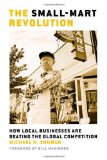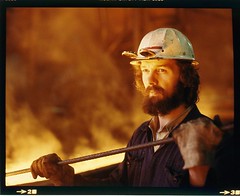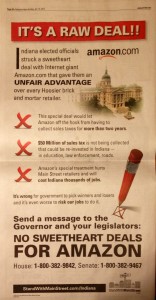 I have a guest editorial piece in today's Palladium-Item, End risky economic games. I've also reproduced the edited version of the piece below. I had originally hoped to title it "What can James Bond teach us about economic development?" but I decided that's not actually a question I want to know the answer to. So instead the article focuses on two different labels for economic development models, coined by author Michael Shuman.
I have a guest editorial piece in today's Palladium-Item, End risky economic games. I've also reproduced the edited version of the piece below. I had originally hoped to title it "What can James Bond teach us about economic development?" but I decided that's not actually a question I want to know the answer to. So instead the article focuses on two different labels for economic development models, coined by author Michael Shuman.
I first saw Shuman speak at a conference back in 2005. He's an economist, attorney, speaker, author and entrepreneur, and he's written a number of books on the economic why and how for creating thriving, self-reliant communities. In particular, he posed the labels of "TINA: There is no alternative" and "LOIS: Local Investment and Import Substituting" as shorthand names for the dominant economic development model of today (TINA) and an alternative model that he sees having great success and sustainability on paper and in practice (LOIS).
Continue reading "Shuman on alternative models of economic development"









